Please create a free account, or login by clicking here.
Petland Rome
Petland Dalton
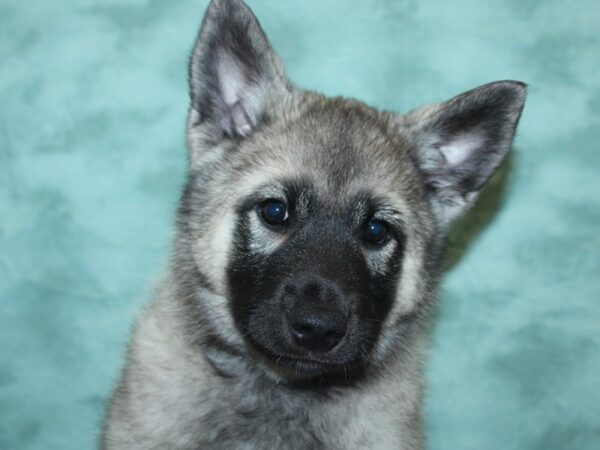 Adopted
Adopted
Status
Adopted
Reference ID
8428
Birth Date
04-01-2020
Gender
Male
Color
Silver Gray / Black
Please fill out our contact form below.
"*" indicates required fields
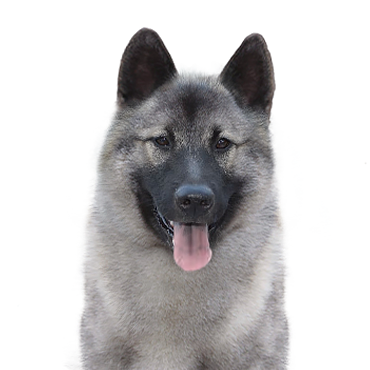
The official dog of Norway, the Norwegian Elkhound is a dog that possesses all the qualities people want in a dog. The elkhound got its name from its ability to effectively track and hunt elks. Elkhounds serve not just as hunters, but also as defenders, comforters, and guardians. These impressive qualities earned them the title of the national dog. Discover more about our Norwegian Elkhound puppies for sale below!
Breed History
The Norwegian Elkhound’s history is deeply rooted in Norway. In the medieval era, they were called ‘Dyrehund’ which means ‘animal dog’. Elkhounds were highly prized during that era because of their impressive hunting skills. Before the 19th century, the dogs were only bred in Norway.
Later in the 19th century, they made an appearance in England and eventually spread to other parts of the world. In 1901, the Kennel Club recognized the Norwegian Elkhound.
Temperament
The Norwegian Elkhound has good hunting skills and for that reason, they are majorly bred to hunt large animals such as elk and wolves. They also have very loud barks hence can be used as watchdogs. Despite their ferocity in hunting, elkhounds are loyal dogs that form close ties to their owners. They also make good domestic dogs as they can be playful, independent and intelligent dogs.
Environment
The Norwegian Elkhounds are playful dogs that can do well in the home and out in the forest. They are very active dogs and generally fare better in an open space. The dog's origin in Norway, a cold region, makes them able to spend time outside in winter.
They enjoy the snow. The best environment for this breed would be a wide, fenced yard. They do very well on a ranch too as it gives them the freedom to move around. Keeping a Norwegian Elkhound in a closed space might affect their mental health and lead them to depression.
Exercise
It is important to engage the Norwegian Elkhound with frequent exercise. If you keep Elkhounds indoors and their need for major physical activities aren’t met, they will most likely become destructive. They will chew on shoes, clothes and tear couches.
This breed of dogs has great stamina so to stay fit, they require daily exercise. They also have a tendency to become overweight when they are overly fed with no exercise. So at least two hours daily, it is important to take them out for walks, runs, ball fetching, farm activities, and obedience exercises. This helps improve their physical and mental health.
Grooming
Despite the fact that the Norwegian Elkhound’s exterior coat sheds off dirt and dust, they need to be brushed frequently to ensure they are clean enough to be kept in the home.
Brushing their coats daily will keep them tidy enough. They also shed greatly and have at least two major blowouts a year. Bath them thoroughly each week to keep shedding under control.
Our Norwegian Elkhound puppies for sale come from either USDA licensed commercial breeders or hobby breeders with no more than 5 breeding mothers. USDA licensed commercial breeders account for less than 20% of all breeders in the country.
The unregulated breeders who are selling outside of the USDA regulations and without a license are what we consider to be “Puppy Mills.” We are committed to offering Norwegian Elkhound puppies who will grow up to become important members of your family. We only purchase puppies from the very best sources, and we stand behind every puppy we sell.
Contact us today to learn more about the availability of our Norwegian Elkhound puppies for sale. We look forward to helping you find your next family member. Our pet counselors can answer any questions you have about our Norwegian Elkhound puppies.
Top Ten Frequently Asked Questions about the Norwegian Elkhound
Are Norwegian Elkhound easy to train?
The Norwegian Elkhound intelligence level is above the average level for dogs hence they can be strong-willed. Training an Elkhound will require extra effort from you.
Are Norwegian Elkhound good with children?
Elkhounds are very friendly and people-oriented. They are gentle dogs that love children. Once they are loyal to a family, they become protectors of everyone in the family.
What is the average lifespan of a Norwegian Elkhound?
The Norwegian Elkhound has a lifespan of 13 to 15 years.
Do Norwegian Elkhounds have common health problems?
Dogs of this breed may sometimes be susceptible to retinal atrophy. The large breeds may suffer from a cyst, hip dysplasia, and other renal problems as they age. Generally, they are a strong breed with little health issues.
What is the average size of a Norwegian Elkhound?
The average size of a male Elkhound is 50-60 lbs., 19-21 in while the average size for the female is 40-55 lbs., 18-20 in. It is important that they are not overfed as they have the tendency to become overweight.
Are Norwegian Elkhound aggressive?
They can be aggressive to other dogs, cats, and unknown animals. To avoid this, introduce them to various animals as puppies.
Can you teach Norwegian Elkhounds to swim?
Because of their thick coats, swimming is not easy for dogs of this breed. Submerging in water makes their coats very heavy, therefore, makes swimming difficult for them.
What do you feed the Norwegian Elkhound puppies?
Feed the puppies high-quality dog food to ensure they grow into healthy Elkhounds. You can also mix the dog food with broth and water. As they get older, they may also like boiled eggs, noodles, vegetables and cheese.
Are Norwegian Elkhounds good with cats?
They can be territorial around cats but after months of socializing them with the felines, they can cohabit.
What is Norwegian Elkhounds temperament?
Norwegian Elkhounds are loyal, bold, playful, independent, sharp and strong-willed.
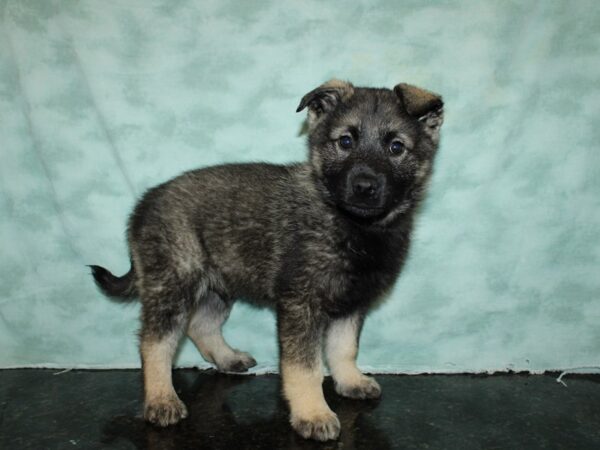
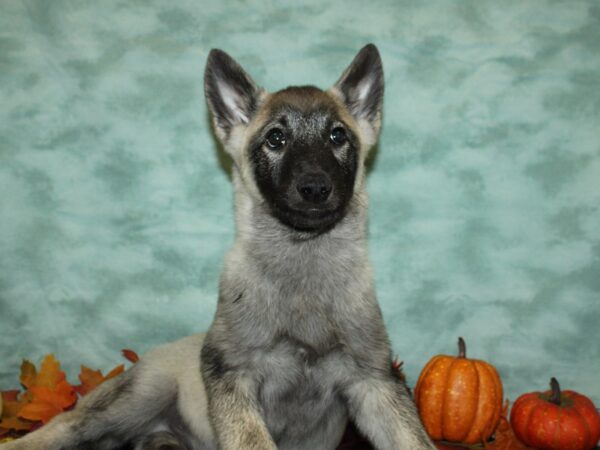
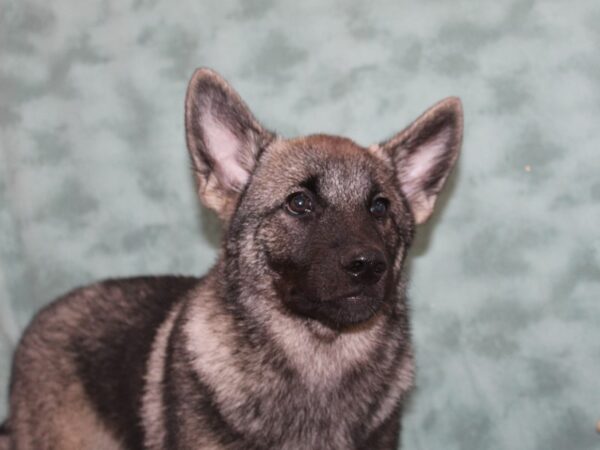
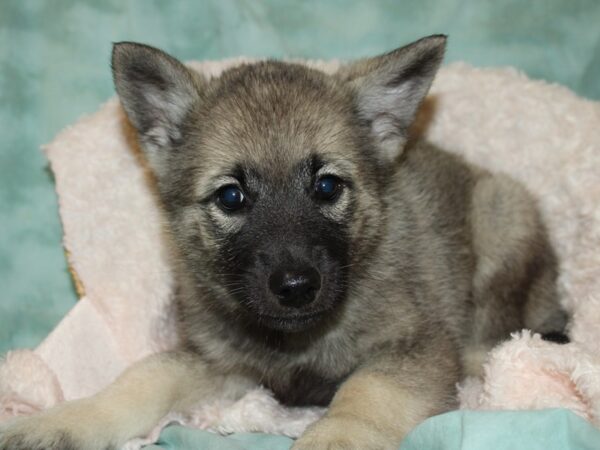
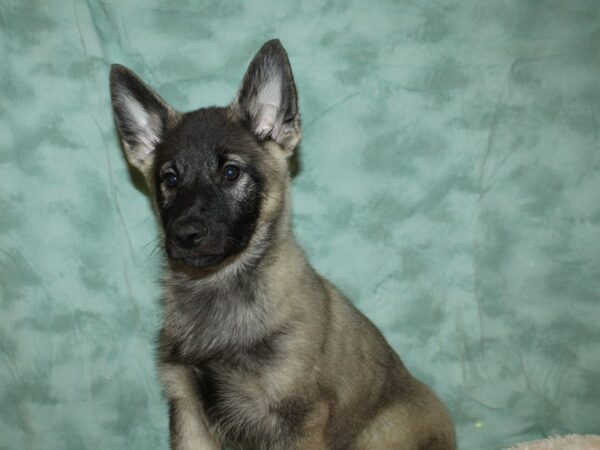
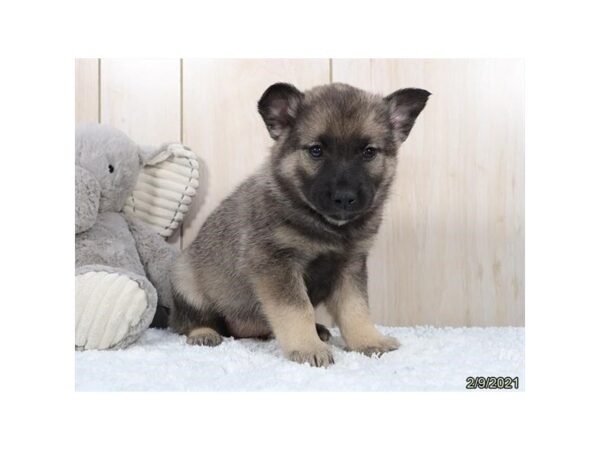
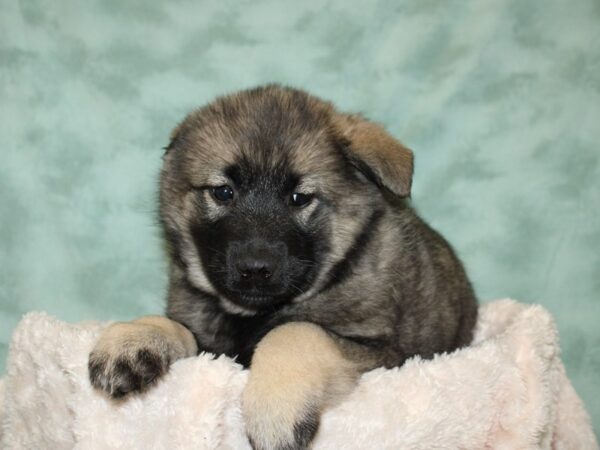
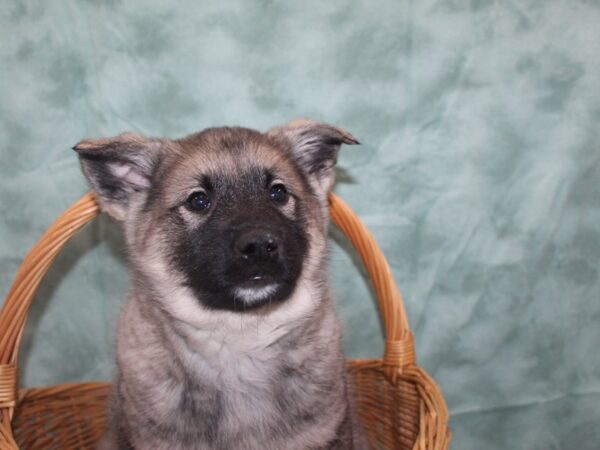
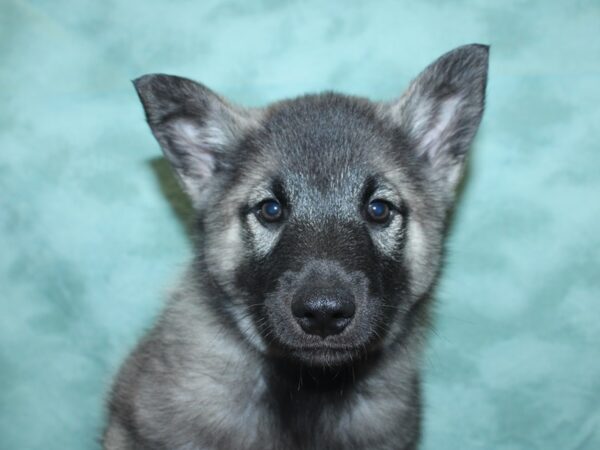

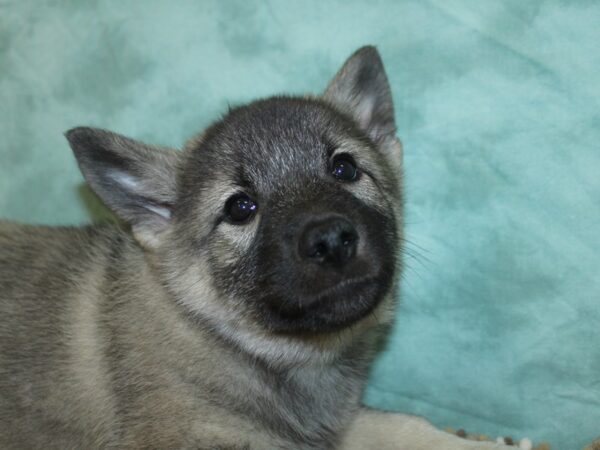
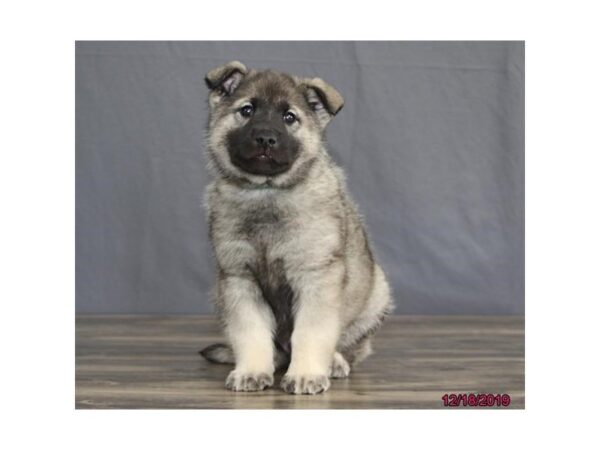
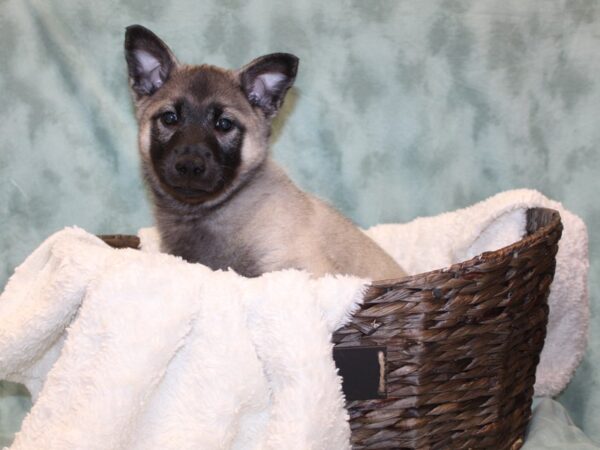


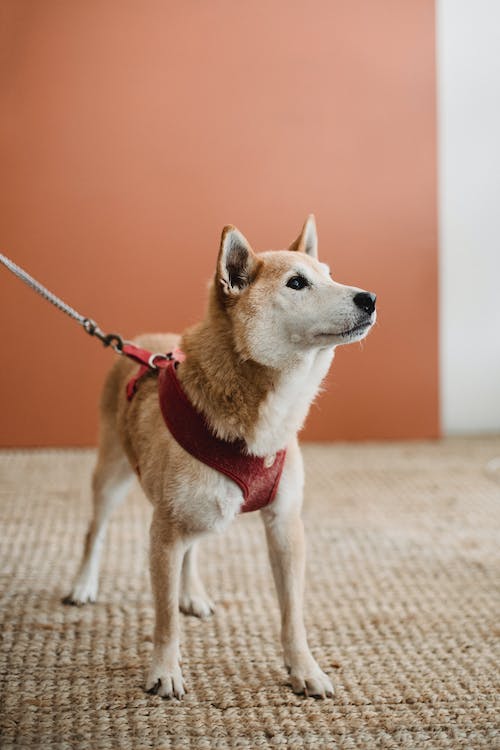
What Is a Dog Harness? A dog harness is a type of equipment designed to secure and control a dog during walks or other activities. Unlike traditional collars, which put pressure...
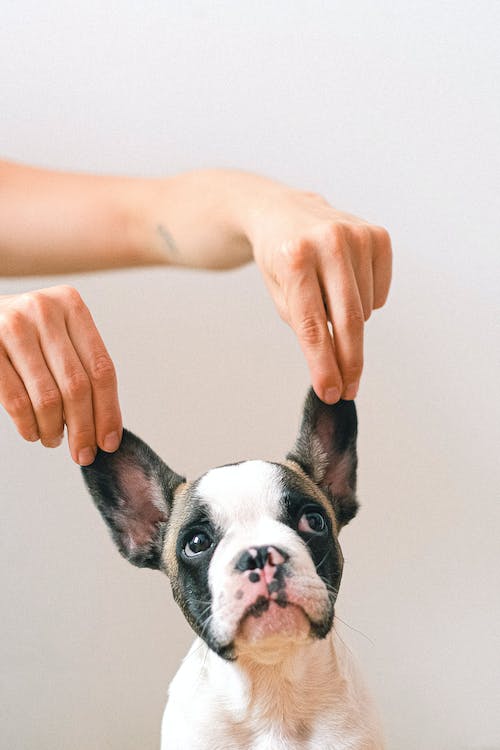
Dogs possess an extraordinary sense of hearing, which allows them to detect and interpret sounds far beyond human capabilities. Their acute auditory system is finely tuned to pe...
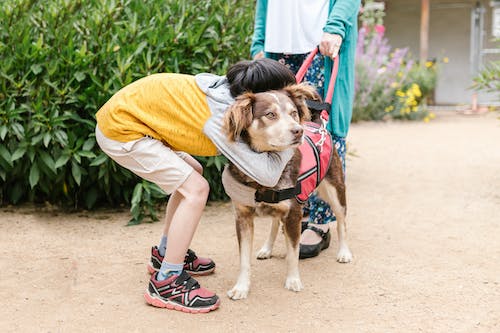
Service dogs are well-trained professional dogs that help to those who need them. Each service dog has a specific set of skills that require training and testing to master. Serv...

Are you considering adding a fur-legged friend to your family? If so, this blog is for you. We have handpicked our Top-5 dog breeds based on their personality, temperament, and ...
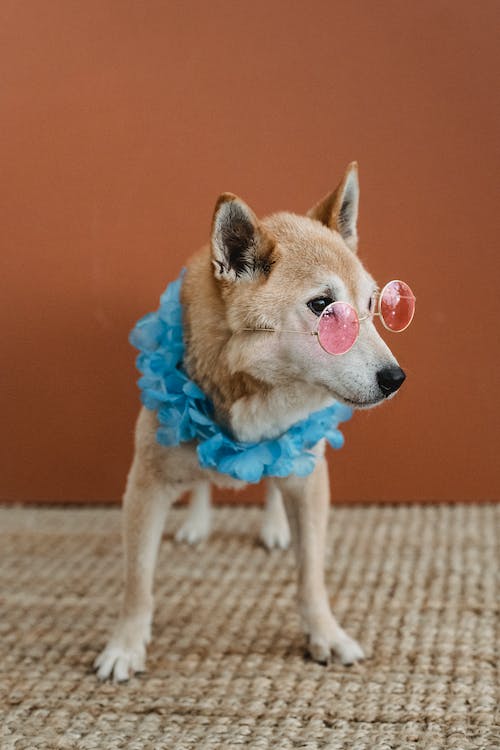
Choosing a name for your new furry friend is an exciting and important decision. It sets the tone for their identity and becomes a part of their everyday life. With so many opti...
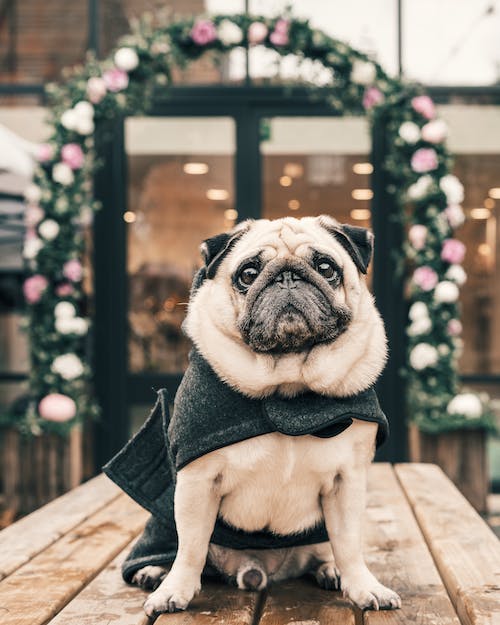
With winter here, it is important to take extra care of our furry friends. Dogs, just like humans, can be susceptible to the cold weather and may require additional measures to ...
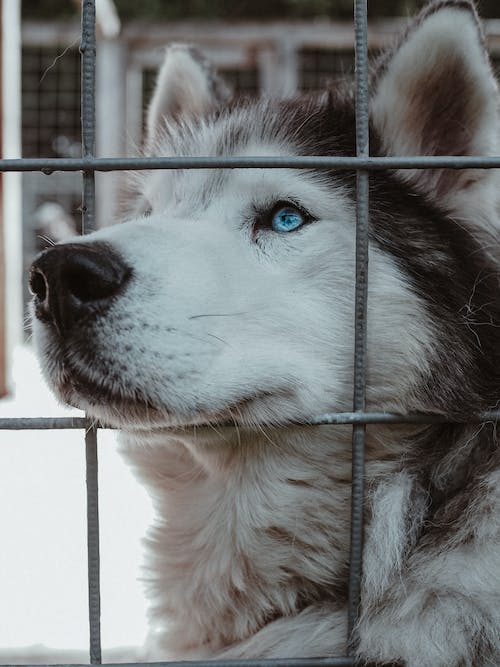
Crate training is a popular method used by dog owners to train their furry friends. It involves using a crate or kennel as a safe and comfortable space for the dog to rest, slee...
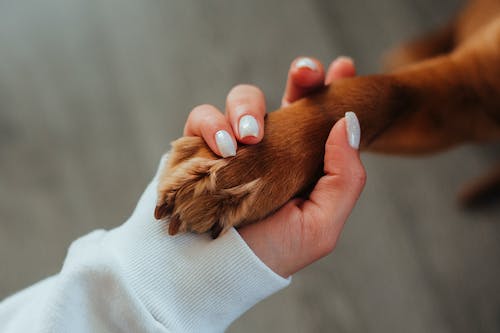
Dogs are known for their playful and active nature, which often leads to accidents and injuries. One common injury that dog owners may encounter is a bleeding nail bed. A bleedi...
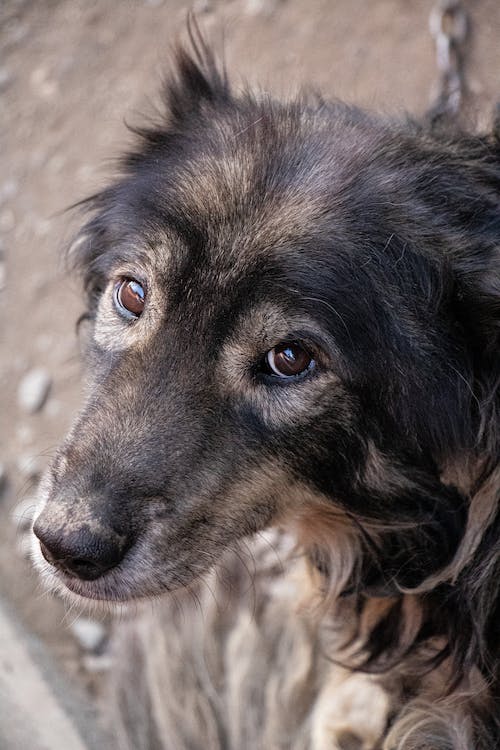
The average life expectancy of a dog varies based on several things. Keeping a proper diet, maintaining a healthy weight, and routine veterinarian wellness checks are all very i...
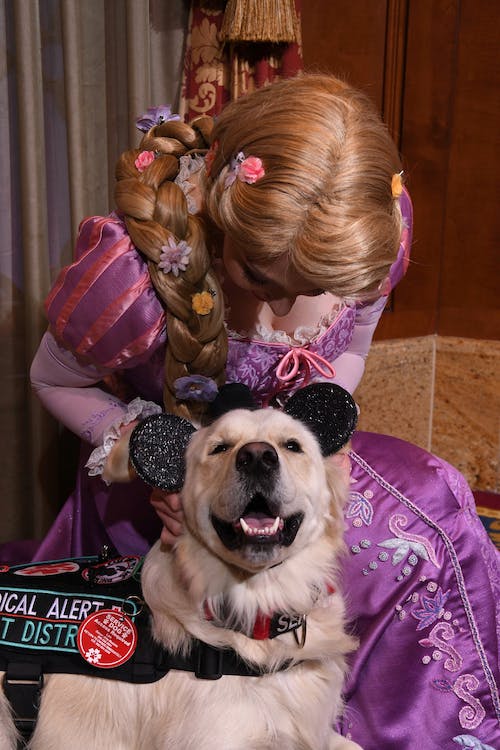
Halloween is a time of year when people get to dress up in creative and fun costumes, but it’s not just humans who can get in on the fun. Dogs can also join in the Hallowe...
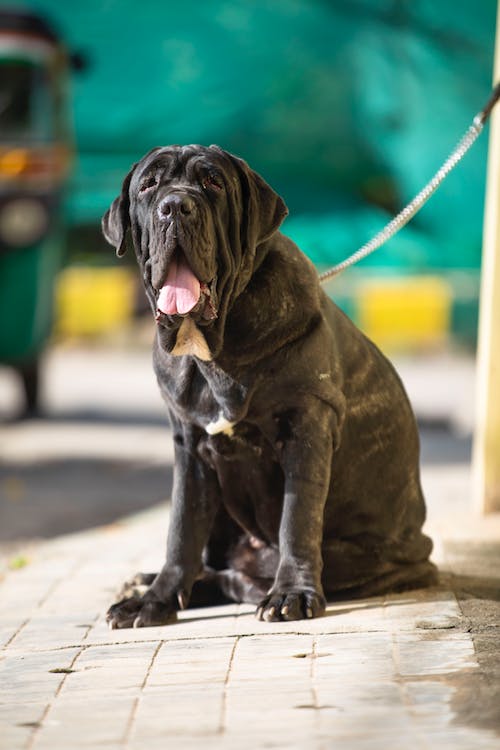
Despite their intimidating appearance, larger dog breeds are generally well-tempered, caring, and friendly animals! Throughout history, many of these dogs have been relied on fo...
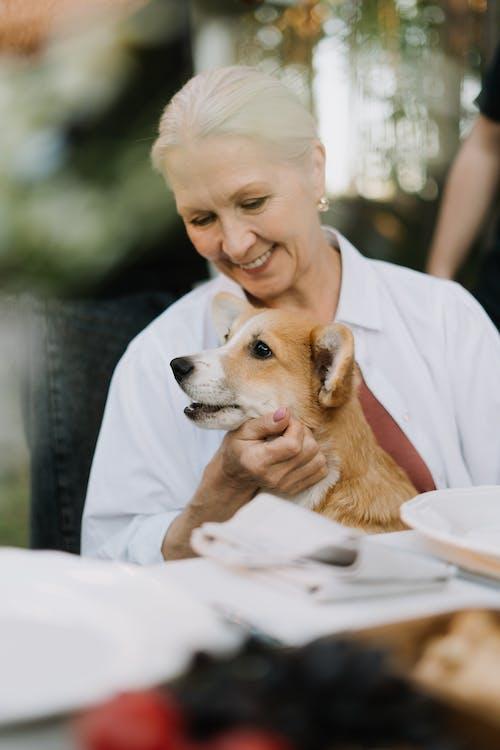
Dogs make great companions and quickly become a part of our family. They offer us years of joy and happiness and provide us with a lot of good. Each breed of dog varies and has ...
"*" indicates required fields
CCC is a nationwide certification program which establishes rigorous standards for breeders. The CCC’s audit guidelines are the first to comprehensively focus on behavior and physical health of dogs.
Source: vet.purdue.edu/ccc/consumers.php